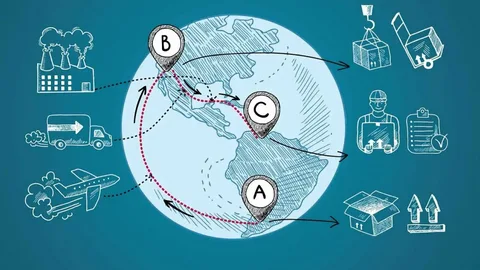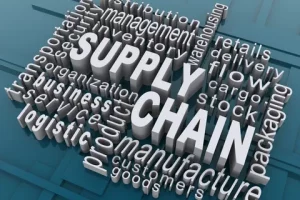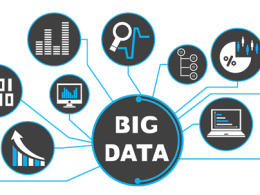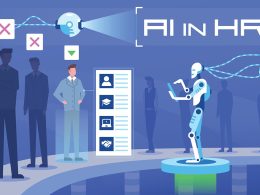Artificial Intelligence (AI) is transforming supply chain management, optimizing processes, enhancing efficiency, and mitigating risks. This article delves into how AI technologies revolutionize logistics, inventory management, and operational strategies.
1. Introduction to AI in Supply Chain Management
AI applications in supply chain management encompass predictive analytics, machine learning algorithms, and automation technologies. These innovations streamline operations and improve decision-making across the supply chain.
2. Predictive Analytics for Demand Forecasting
AI-driven predictive analytics analyze historical data, market trends, and consumer behavior to forecast demand accurately. This capability reduces inventory costs, minimizes stockouts, and ensures optimal inventory levels based on real-time insights.
3. AI-Enabled Inventory Optimization
AI optimizes inventory management by predicting demand fluctuations and supply chain disruptions. Algorithms adjust reorder points, safety stock levels, and replenishment strategies, balancing inventory turnover and service levels efficiently.
4. Autonomous Vehicles and Robotics in Logistics
AI-powered autonomous vehicles and robotics enhance warehouse operations and transportation logistics. Automated picking, packing, and sorting processes improve speed, accuracy, and cost-effectiveness in supply chain operations.
5. Supply Chain Visibility and Transparency
AI enhances supply chain visibility by tracking goods in real time across global networks. IoT sensors, RFID technology, and blockchain integration provide transparency, traceability, and risk mitigation against counterfeit products or disruptions.
6. Smart Manufacturing and Production Planning
AI optimizes production planning and scheduling through predictive maintenance and quality control. Smart manufacturing systems analyze data from IoT-enabled machines to minimize downtime, reduce waste, and improve production efficiency.
7. Supplier Relationship Management
AI analyzes supplier performance metrics, historical data, and market conditions to optimize supplier selection and negotiations. Enhanced supplier relationship management ensures reliability, cost-effectiveness, and sustainability across the supply chain.
8. AI-Driven Risk Management and Mitigation
AI algorithms assess supply chain risks, such as geopolitical instability, natural disasters, or supplier bankruptcies. Real-time risk detection and scenario modeling enable proactive risk mitigation strategies to maintain continuity and resilience.
9. Sustainability and Ethical Sourcing
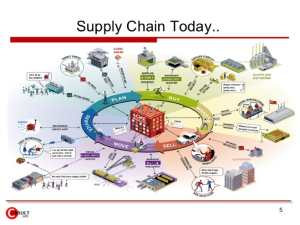
AI promotes sustainability initiatives by optimizing transportation routes, reducing carbon footprints, and promoting ethical sourcing practices. Algorithms prioritize eco-friendly suppliers and support sustainable procurement decisions.
10. Future Trends in AI for Supply Chain Management
Future trends include AI integration with IoT for real-time data analytics, AI-driven predictive maintenance, and autonomous supply chain decision-making. Continuous innovation aims to enhance agility, responsiveness, and sustainability in supply chain operations.






